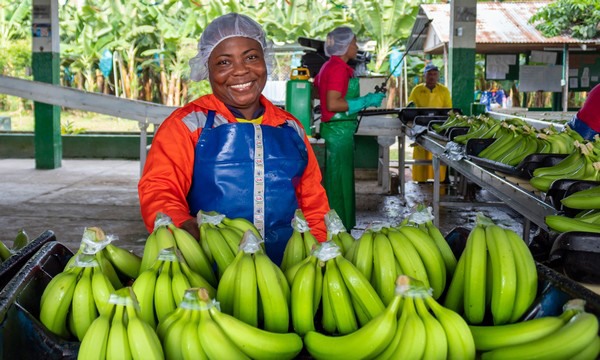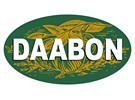Colombian banana exporter Daabon is transforming the culture of the people living in its Santa Marta heartland with a ground-breaking project to empower the region’s women: The University of Women.

If you buy bananas from Daabon though, the fruit you receive is just a tiny part of a heart-warming social story. Daabon has had organic and sustainable production methods at its core since being formed in 1914, by the Davila Abondano family that still owns it today. Its founder and driving force, Don Alberto Davila Diaz Granados built a business with the ethos that it should not only be profitable for its owners, but also benefit the people and the environment around it. “It sounds like a cliché,” says Duque. “But he was that type of person and the business retains the same beliefs and principles to this day.”
“Our industry has been male dominated, in part due to the physical nature of the work and the traditional role of women in Colombia’s rural communities. But we found a strong entrepreneurial and leadership spirit amongst women in our community and our Sustainability Director Felipe Guerrero and his team identified the areas where we could introduce more women into our processes. Where it is most evident to date is in the post-harvest phase of our banana production, which is mostly run by women. Felipe recognized that women are more quality and care oriented, and have greater attention to detail.
Patricia Apreza, Daabon’s Social Responsibility Manager in Santa Marta, set about establishing women’s networks and talked to women in the area about their entrepreneurial activities, with a view to harness their strengths and provide them with opportunities to expand what they were already doing, alongside Daabon.

Internally, the business has changed dramatically too. A series of women-led committees within Daabon have given the female workforce a direct line into the senior management team and allowed their voices to be heard in a much more robust way than ever before.
The group has created a “Women’s University” – overseen by Apreza – which is run by women working at Daabon, but also there for women who don’t work for the company. “It is all about taking the women of our communities and making them more visible – enabling them to spread the skills and knowledge that they are gaining by working in the company or formally learning, as well as the kindness and compassion that as a recently war-torn country, we need to bring people on both sides of the divide back together,” says Duque.
“We have made amazing progress,” says Guerrero. “But we know we have to be help women more and support them better. Still, women are only around 20% of our workforce and we are working every day to address the gender imbalance. But the outcomes so far have been excellent.”
For more information: 
Daabon
Email: aduque@daabon.com
www.daabon.com
